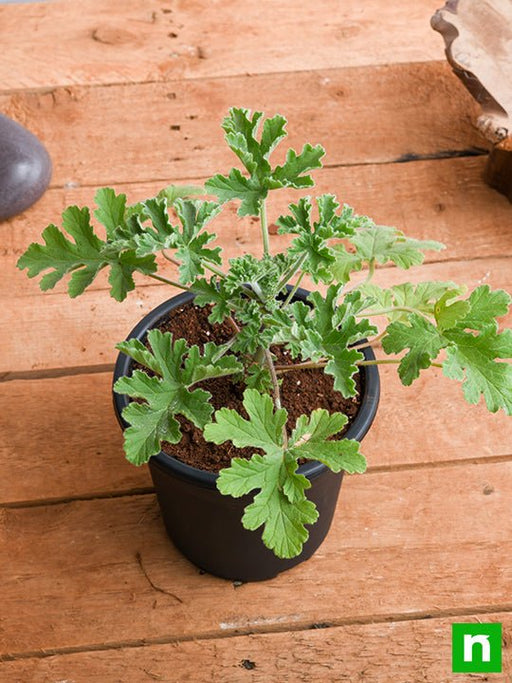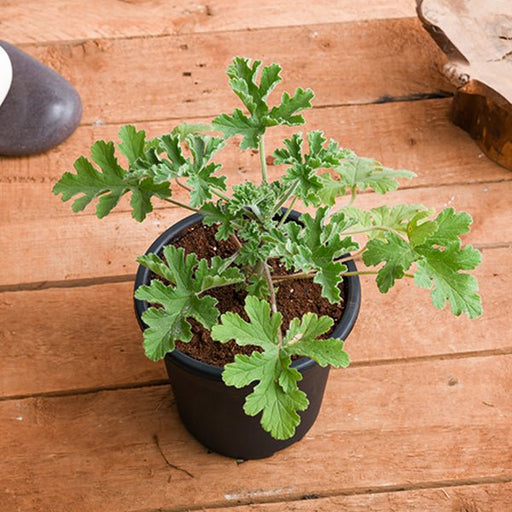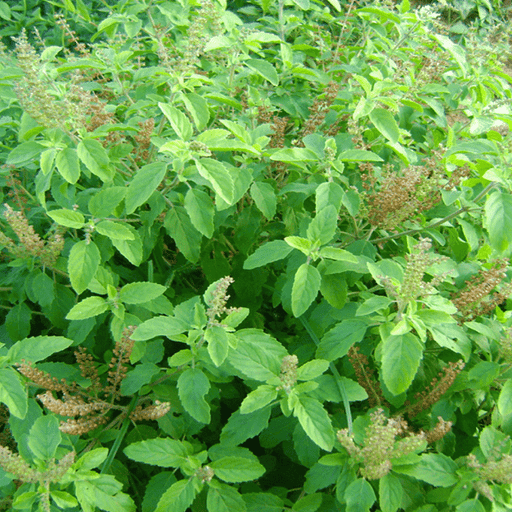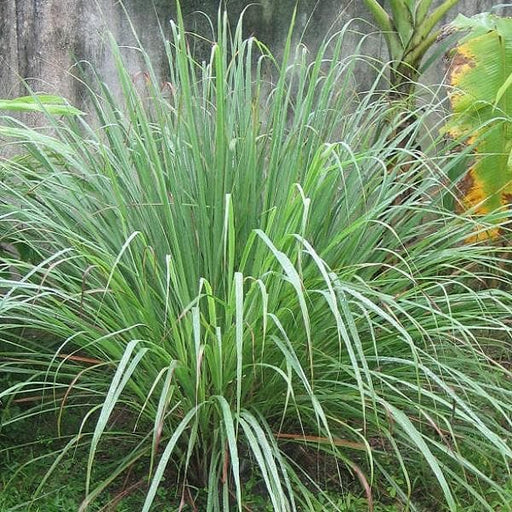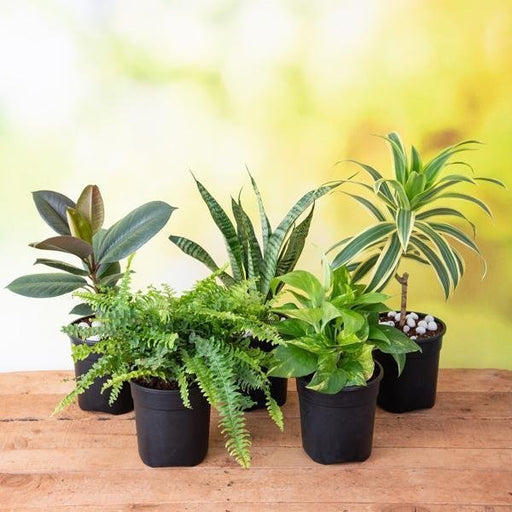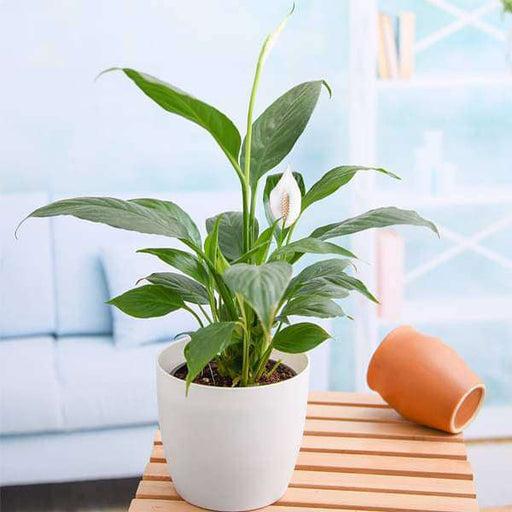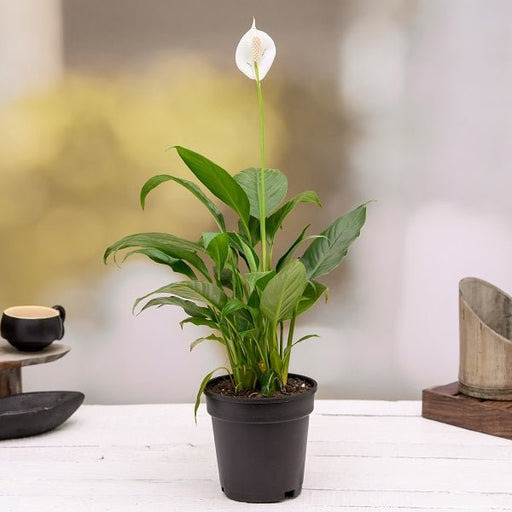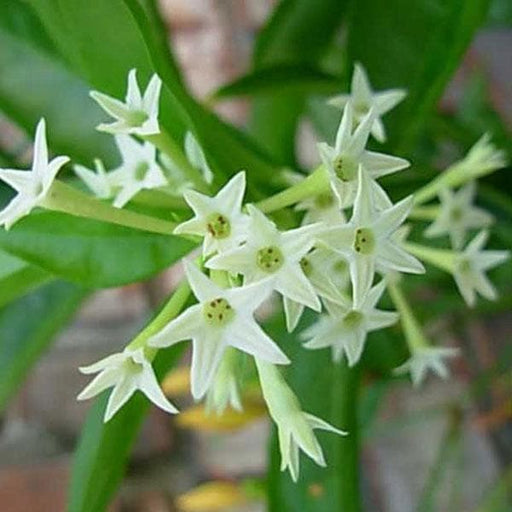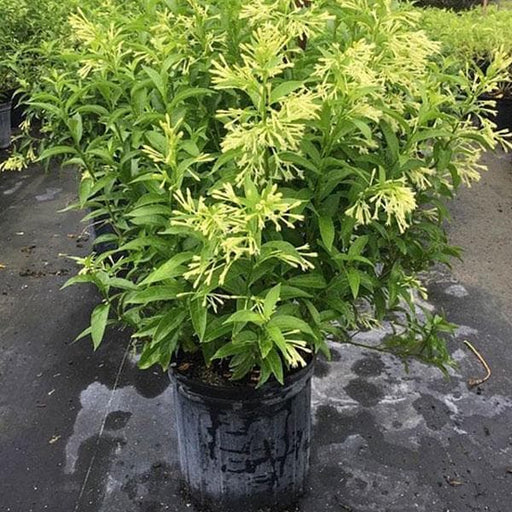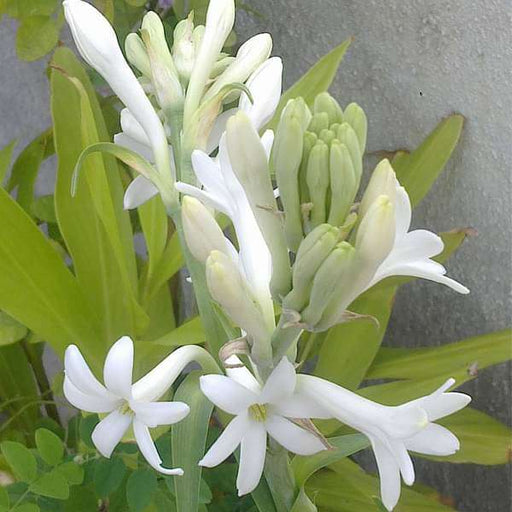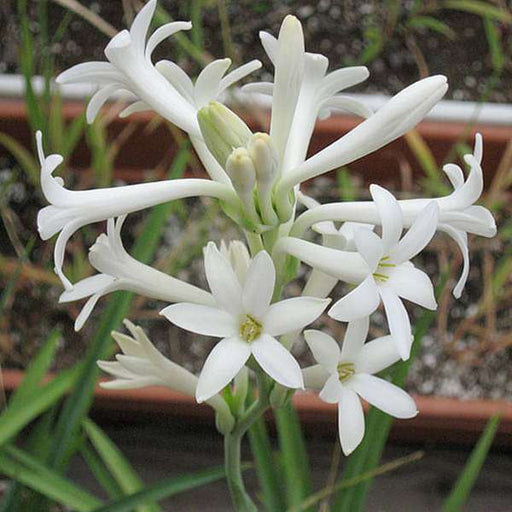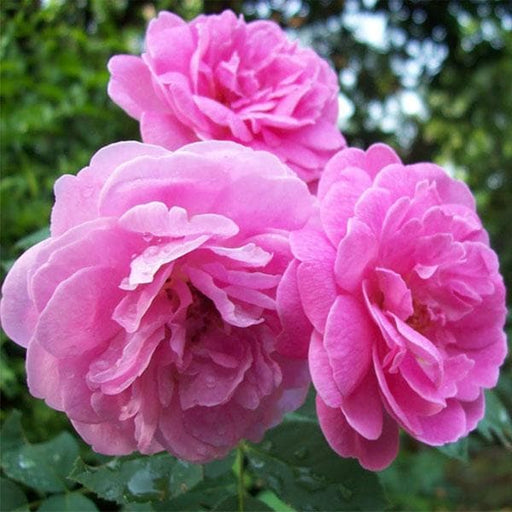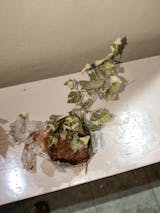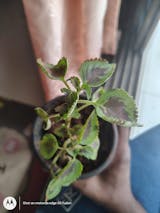Venus Flytrap
The Venus Flytrap is perhaps the most popular insectivorous plant. With its unique snapping mechanism, it captures insects that come in contact with its trigger hairs. Learn more about this fascinating plant and how to care for it.
Pitcher Plants
Pitcher plants are another type of insectivorous plant that capture their prey in a deep, slippery cup filled with digestive enzymes. There are several different types of pitcher plants, each with their own unique characteristics and care requirements.
Sundew Plants
Sundew plants have sticky, tentacle-like leaves that trap insects. Once an insect lands on the leaf, the plant's enzymes dissolve it, allowing the plant to absorb the nutrients. Discover more about this interesting group of plants and how to grow them.
Butterwort
Butterwort plants have sticky leaves that trap insects. They are relatively easy to care for and come in a variety of colors and sizes. Learn more about this unique plant and how to care for it.
Cobra Lily
The cobra lily is a type of pitcher plant that gets its name from its distinctive, snake-like shape. It uses its curved, hooded lid to trap insects and digest them. Discover more about this fascinating plant and how to care for it.
Waterwheel Plant
The waterwheel plant is a type of carnivorous plant that grows in water. Its circular, rotating leaves capture small aquatic insects and crustaceans. Learn more about this unusual plant and how to care for it.
Bladderwort
Bladderworts are aquatic plants that use tiny, bladder-like traps to capture and digest insects. They are highly efficient and can catch prey within a fraction of a second. Discover more about this unique group of plants and how to grow them.
Pinguicula
Pinguicula, also known as butterworts, are a type of insectivorous plant that use their sticky leaves to capture and digest insects. They are relatively easy to care for and come in a variety of colors and sizes.
Nepenthes
Nepenthes, also known as tropical pitcher plants, are a type of carnivorous plant that capture insects in their deep, fluid-filled pitchers. They come in a variety of sizes and shapes and require specific care to thrive.
Sarracenia
Sarracenia, also known as North American pitcher plants, are a group of carnivorous plants that capture insects in their tube-shaped leaves. They require specific growing conditions to thrive and come in a variety of colors and sizes.


